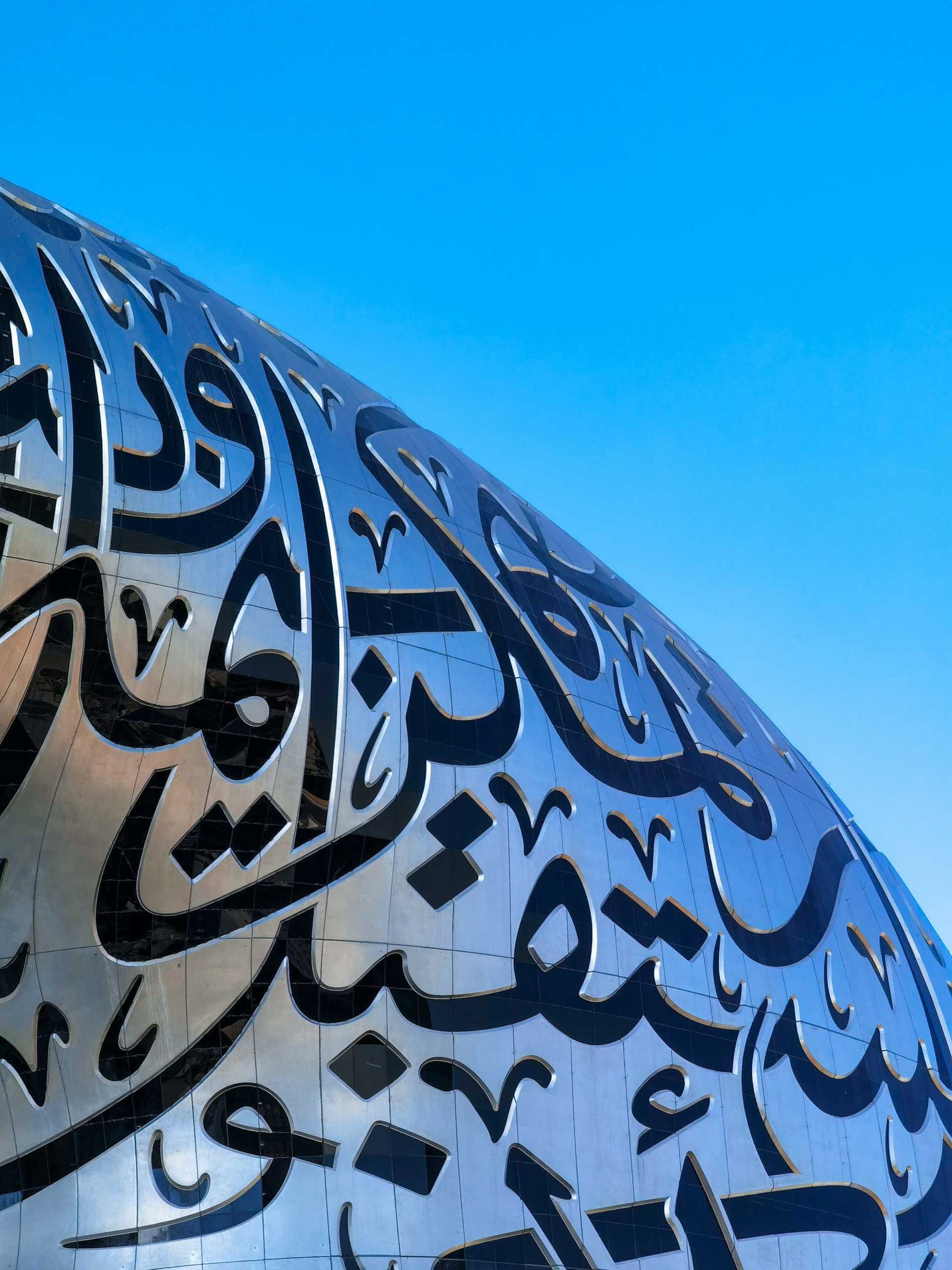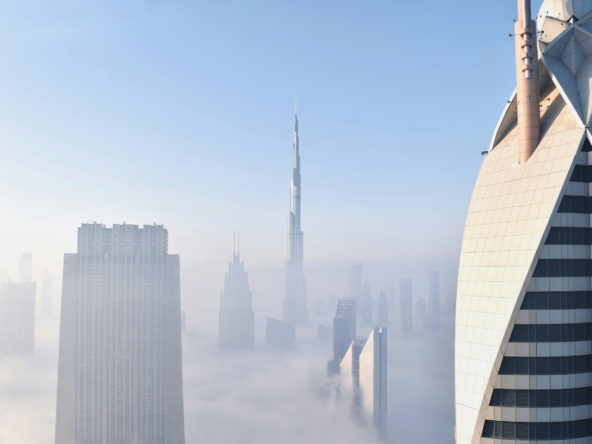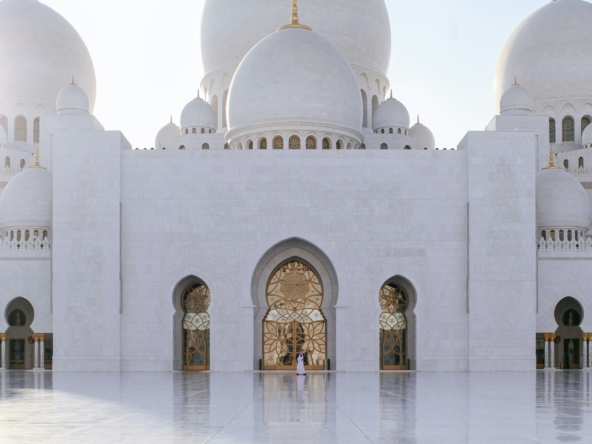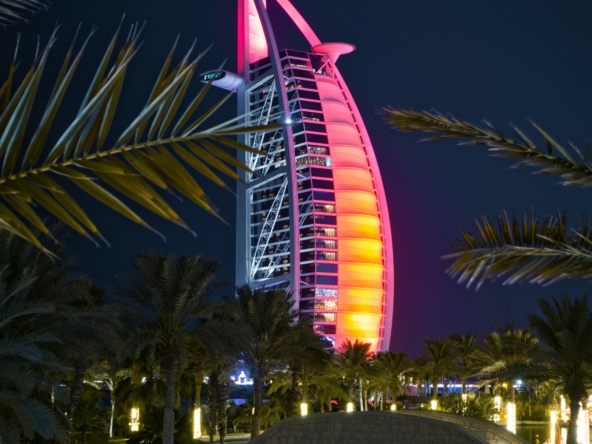Dubai’s real estate market has always been a dynamic sector, influenced by various internal and external factors. One of the most significant external forces impacting the market is global events. These events can range from international economic shifts, geopolitical situations, and sporting events to global health crises. Each of these can influence investor sentiment, demand for properties, and ultimately the growth or contraction of the market. Understanding how these global events shape Dubai’s real estate market offers valuable insights for investors, developers, and other stakeholders.
1. International Economic Conditions
Global economic conditions play a crucial role in shaping the demand for properties in Dubai. When economies around the world are doing well, the confidence to invest in high-end properties increases. For instance, the growth of the Chinese economy and the rise of tech hubs in Silicon Valley have resulted in more investment from these regions. Dubai’s real estate market, with its high returns and luxurious offerings, tends to attract foreign investors during periods of global economic growth.
Conversely, economic downturns or recessions, such as the 2008 global financial crisis, often lead to a decrease in international investments. During times of economic uncertainty, investors tend to pull back, prioritizing safe-haven assets or reducing their exposure to volatile markets.
2. Global Political Stability and Geopolitical Tensions
The political landscape worldwide can heavily influence Dubai’s appeal to international investors. Dubai’s status as a stable, safe, and neutral hub for business, tourism, and real estate makes it particularly attractive during times of geopolitical instability elsewhere. For example, unrest or political instability in regions like Europe, Asia, or the Middle East can make Dubai a preferred destination for individuals and corporations looking to relocate their capital or assets.
Moreover, diplomatic relations and international trade agreements also contribute to the movement of wealth into Dubai’s real estate market. Positive relations between the UAE and major global powers like the United States, India, and China can lead to an increase in foreign direct investment in both residential and commercial properties.
3. Expo 2020 and Major International Events
Major global events, like Expo 2020 Dubai, which was postponed to 2021 due to the COVID-19 pandemic, have had a massive impact on the city’s real estate market. Such events bring in millions of visitors from around the world, resulting in increased demand for temporary accommodation, hospitality services, and tourism-related infrastructure. This, in turn, boosts the demand for short-term rental properties and commercial real estate.
Large-scale events also stimulate long-term investments in infrastructure, improving the city’s amenities and services, which often leads to a rise in property values in the affected areas. The Expo itself led to developments in various districts, particularly around Dubai South, making these areas more desirable for both living and investing.
4. Global Health Crises
The COVID-19 pandemic is a prime example of how global health crises can affect Dubai’s real estate market. During the pandemic, Dubai, like many other global cities, saw a temporary slowdown in property transactions as international travel restrictions were imposed, and economic activity was curtailed.
However, Dubai quickly adapted to the situation with government initiatives aimed at supporting businesses and residents. The city’s resilience, combined with the attractiveness of the UAE’s handling of the pandemic, led to a resurgence in interest from international buyers, especially in the second half of 2020 and into 2021. Remote working trends, combined with Dubai’s favorable tax environment and sunny weather, led to an increase in demand for villas and larger properties, especially among expatriates.
5. Tourism and the Real Estate Market
Dubai’s status as a global tourism hub also ties into its real estate market. Major events like the Dubai Shopping Festival, the Dubai World Cup, and Formula 1 attract visitors from all over the world. These events increase short-term rental demand, leading to a higher occupancy rate in both residential and commercial properties. Long-term, tourism-driven demand for real estate in Dubai fosters the development of luxury residential towers, hotels, and mixed-use developments.
Tourism trends and flight availability directly impact property rental yields, as tourists who visit the city for major events often extend their stay or return as repeat visitors, encouraging investment in vacation homes and short-term rentals.
6. Foreign Investment and Dubai’s Globalization
As Dubai continues to position itself as a global hub for business, tourism, and finance, it also opens the door for international investors. Events like the relaxation of foreign ownership laws, which allow foreigners to own properties in certain areas of the city, have helped increase the appeal of Dubai real estate. Additionally, Dubai’s growing reputation as a financial center attracts high-net-worth individuals from across the globe, further boosting the demand for luxury properties, such as penthouses, private villas, and prime commercial properties.
Global events play a significant role in shaping the real estate market in Dubai. Whether it’s economic conditions, political stability, global health issues, or large international events, each factor influences the demand, pricing, and investment flow in the market. Dubai’s real estate sector has shown remarkable resilience and adaptability in the face of such global changes. With a strong economic foundation, a strategic location, and continued growth in international tourism and business, Dubai remains one of the most attractive markets for global investors. For anyone looking to invest in or understand Dubai’s real estate landscape, staying abreast of global events is crucial to navigating this dynamic market.



